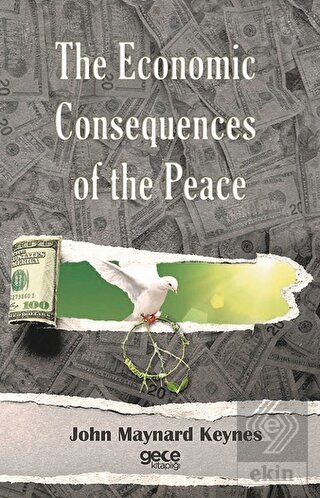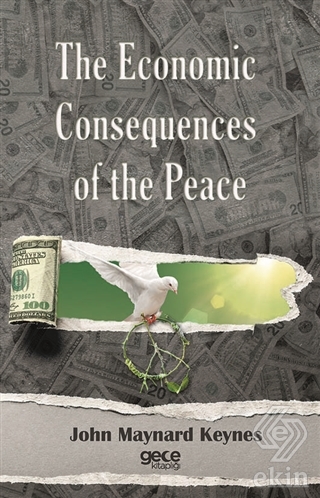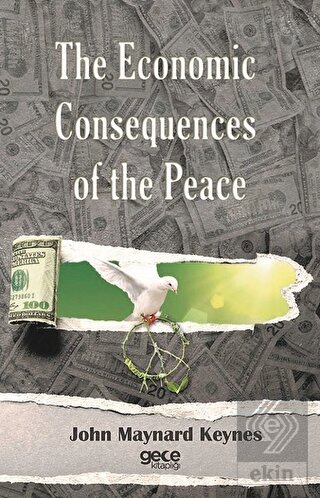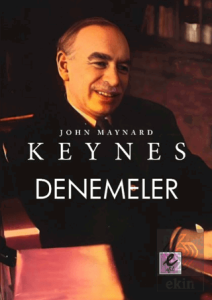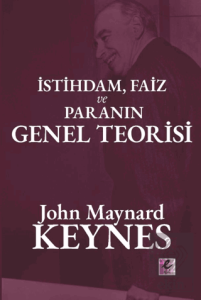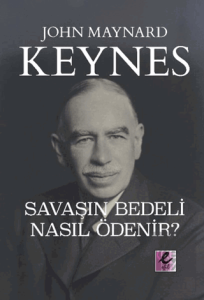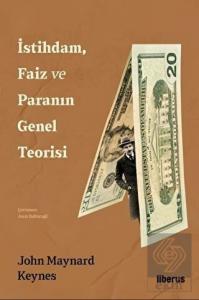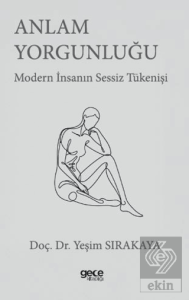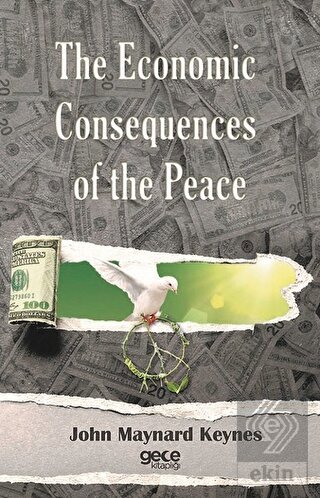
The power to become habituated to his surroundings is a marked characteristic of mankind. Very few of us realize with conviction the intensely unusual, unstable, complicated, unreliable, temporary nature of the economic organization by which Western Europe has lived for the last half century. We assume some of the most peculiar and temporary of our late advantages as natural, permanent, and to be depended on, and we lay our plans accordingly.
On this sandy and false foundation we scheme for social improvement and dress our political platforms, pursue our animosities and particular ambitions, and feel ourselves with enough margin in hand to foster, not assuage, civil conflict in the European family. Moved by insane delusion and reckless self-regard, the German people overturned the foundations on which we all lived and built. But the spokesmen of the French and British peoples have run the risk of completing the ruin, which Germany began, by a Peace which, if it is carried into effect, must impair yet further, when it might have restored, the delicate, complicated organization, already shaken and broken by war, through which alone the European peoples can employ themselves and live.
In England the outward aspect of life does not yet teach us to feel or realize in the least that an age is over. We are busy picking up the threads of our life where we dropped them, with this difference only, that many of us seem a good deal richer than we were before. Where we spent millions before the war, we have now learnt that we can spend hundreds of millions and apparently not suffer for it. Evidently we did not exploit to the utmost the possibilities of our economic life. We look, therefore, not only to a return to the comforts of 1914, but to an immense broadening and intensification of them. All classes alike thus build their plans, the rich to spend more and save less, the poor to spend more and work less.
But perhaps it is only in England (and America) that it is possible to be so unconscious. In continental Europe the earth heaves and no one but is aware of the rumblings. There it is not just a matter of extravagance or "labor troubles"; but of life and death, of starvation and existence, and of the fearful convulsions of a dying civilization.
The power to become habituated to his surroundings is a marked characteristic of mankind. Very few of us realize with conviction the intensely unusual, unstable, complicated, unreliable, temporary nature of the economic organization by which Western Europe has lived for the last half century. We assume some of the most peculiar and temporary of our late advantages as natural, permanent, and to be depended on, and we lay our plans accordingly.
On this sandy and false foundation we scheme for social improvement and dress our political platforms, pursue our animosities and particular ambitions, and feel ourselves with enough margin in hand to foster, not assuage, civil conflict in the European family. Moved by insane delusion and reckless self-regard, the German people overturned the foundations on which we all lived and built. But the spokesmen of the French and British peoples have run the risk of completing the ruin, which Germany began, by a Peace which, if it is carried into effect, must impair yet further, when it might have restored, the delicate, complicated organization, already shaken and broken by war, through which alone the European peoples can employ themselves and live.
In England the outward aspect of life does not yet teach us to feel or realize in the least that an age is over. We are busy picking up the threads of our life where we dropped them, with this difference only, that many of us seem a good deal richer than we were before. Where we spent millions before the war, we have now learnt that we can spend hundreds of millions and apparently not suffer for it. Evidently we did not exploit to the utmost the possibilities of our economic life. We look, therefore, not only to a return to the comforts of 1914, but to an immense broadening and intensification of them. All classes alike thus build their plans, the rich to spend more and save less, the poor to spend more and work less.
But perhaps it is only in England (and America) that it is possible to be so unconscious. In continental Europe the earth heaves and no one but is aware of the rumblings. There it is not just a matter of extravagance or "labor troubles"; but of life and death, of starvation and existence, and of the fearful convulsions of a dying civilization.
| Taksit Sayısı | Taksit tutarı | Genel Toplam |
|---|---|---|
| Tek Çekim | 81,07 | 81,07 |
| 2 | 42,16 | 84,31 |
| 3 | 29,19 | 87,56 |
| Taksit Sayısı | Taksit tutarı | Genel Toplam |
|---|---|---|
| Tek Çekim | 81,07 | 81,07 |
| 2 | 42,16 | 84,31 |
| 3 | 29,19 | 87,56 |

